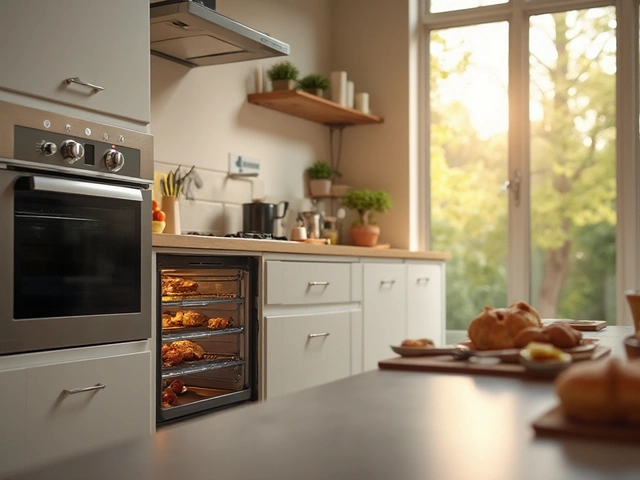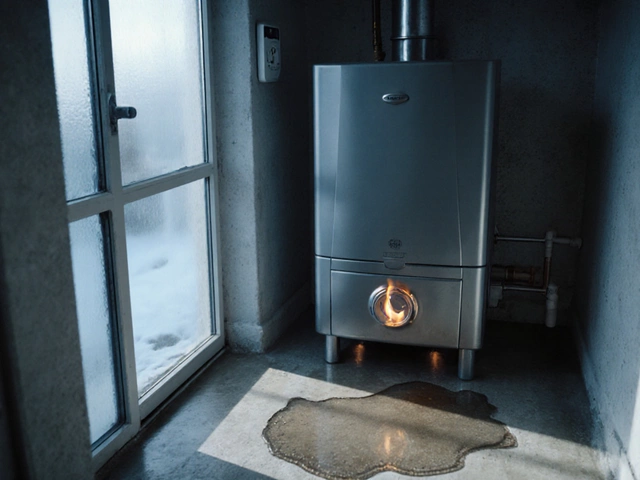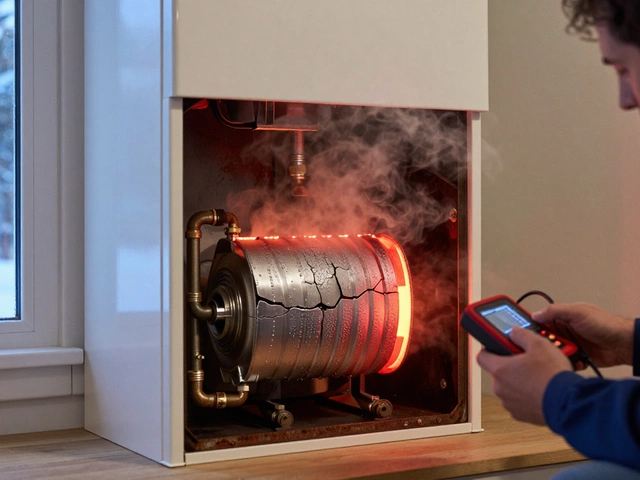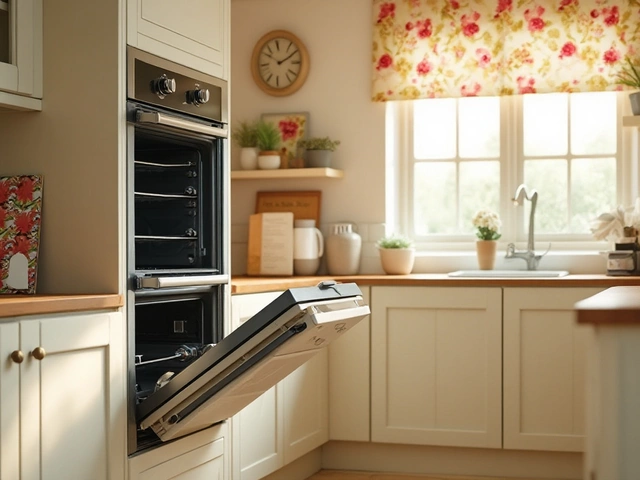Top Reliable Electric Oven Brands for Dependable Baking
January 11 2025Signs of a Failing Heat Pump You Shouldn’t Ignore
If your heat pump starts acting weird, it’s usually trying to tell you something. Ignoring the clues can lead to higher bills, uncomfortable rooms, or a total breakdown. Below we break down the most common symptoms and what you can do about them right now.
Common Warning Symptoms
1. Unusual noises – Buzzing, rattling, or squealing isn’t normal. A loose fan blade, worn motor, or refrigerant issue can cause those sounds. Turn the unit off and listen again; if the noise stays, it’s time for a professional check.
2. Inconsistent temperatures – One room stays warm while another stays cold? That often means the heat pump can’t move heat efficiently. Check the filters and vents first; a clogged filter can restrict airflow and cause hot‑spot problems.
3. Higher energy bills – A sudden jump in heating costs means the system is working harder than it should. Look for dirty coils or low refrigerant levels, both of which force the pump to over‑work.
4. Short cycling – The unit turns on and off every few minutes. This can be caused by a thermostat issue, low refrigerant, or an oversized unit. Short cycling wears out components faster and reduces comfort.
5. Ice buildup – Frost on the outdoor coil or icy pipes are red flags. It usually points to low refrigerant, a blocked airflow, or a malfunctioning defrost cycle. Turn off the system and call a technician before the ice melts and causes water damage.
6. Bad smells – A burning odor hints at electrical problems, while a musty smell can mean mold in the ductwork. Both need immediate attention to keep your home safe.
When to Call a Professional
Most of the signs above can be checked quickly, but fixing them often requires a certified gas engineer. If you notice any of the following, schedule a service call:
- Repeated shutdowns after the unit tries to start.
- Leaking water or refrigerant around the indoor or outdoor unit.
- Persistent error codes on the control panel.
- Any electrical smells or visible scorch marks.
Attempting DIY repairs on a heat pump can be risky, especially because it involves refrigerant and high‑voltage components. A qualified engineer can safely test pressure levels, replace worn parts, and recharge the system.
Regular maintenance is the best defense. A yearly check‑up, clean filters, and keeping the outdoor unit clear of debris can extend the life of your heat pump by years. If you’re unsure when your last service was, now’s a good time to book one.
Bottom line: don’t wait for a complete breakdown. Spotting these early warning signs and acting fast saves money, keeps your home comfy, and avoids costly emergency repairs.
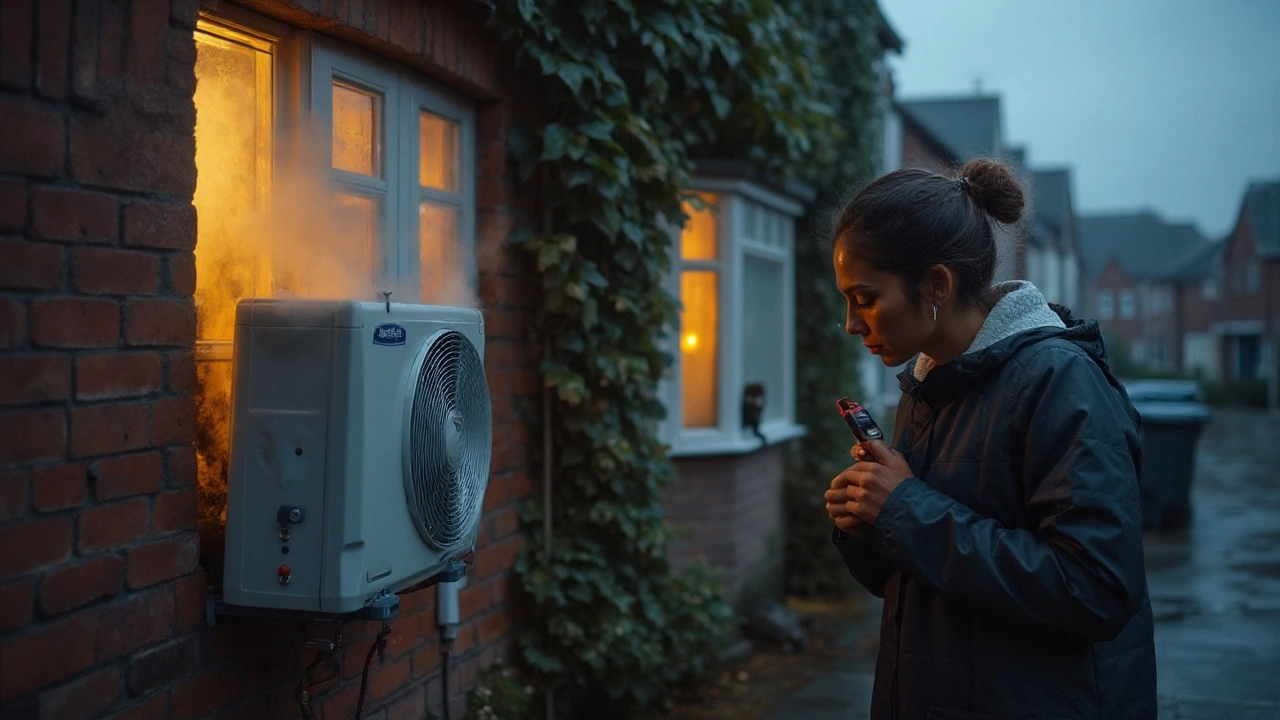 13 Sep
13 Sep
How to Tell If Your Heat Pump Needs Replacing (Signs, Costs, Repair vs Replace)
Not sure if your heat pump is dying? Learn the telltale signs, repair vs replace rules, real costs, and simple tests to decide with confidence-without wasting money.
Read More...